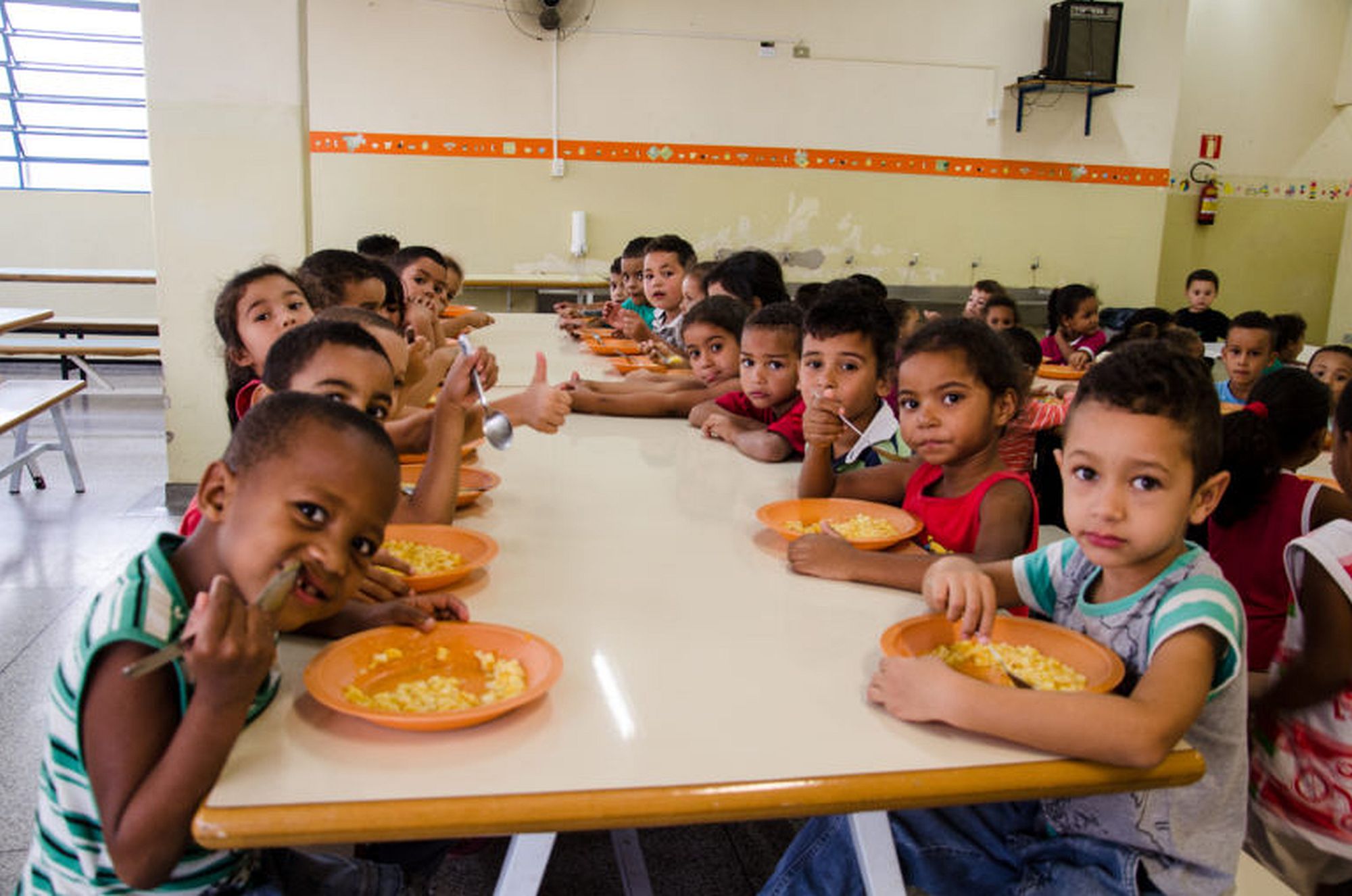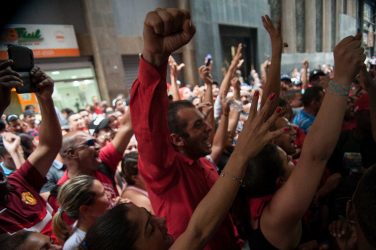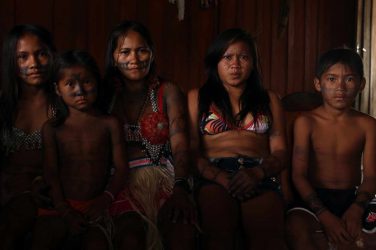Brazilian Elementary School Kids Daily Life: Always the same routine. Going hungry for at least two hours before the only morning break. As the school bell rings for the start of a wild run that ends in squeezing before a counter with hundreds of other screaming kids, in a competition to be the first one to buy a hot dog in the school’s canteen. Then, starving for two more hours until midday.
In the classroom, a woman who is the only teacher for almost all disciplines spent half of the morning complaining about men and the macho culture in Brazil, students will probably have to write an essay about that as part of the writing lesson.
Girls are usually given better grades than boys, 99% of school teachers are women. The number one kind of bullying is laughing about young boys lack of muscles. Almost no adult male role model.
At noon classes end. Most students are in school only in the morning, or only in the afternoon. Most middle-class kids are taken home on small buses, inside which dozens of kids perform a collective shouting that resembles the sound of voices in a panic on a shark attack.
In Brazil, the fastest growing phenomenon in families is the “latchkey child”. Most young kids go home after morning school and spend the afternoon playing video games by themselves. Food? They nuke frozen things at will or boil noodles. Almost no parental attention, neither from mom or from dad.
The growing “female empowerment” and the aggressive competition for jobs drives parents out of homes for more than 16 hours a day and middle-class kids have to find their ways by themselves.
In poorer communities, there is more “solidarity”, kids are simply all on the streets, together, watched by an older sibling who already holds a gun and works for drug dealers. No wonder the high levels of illiteracy and poor math skills are epidemic in the country among young students.
Shootings in Brazilian middle-class schools, like the recent one in Suzano, share an element with North American ones, they are almost all latchkey kids who spend hours playing computer games that imitate wars and the practice of crimes like murder, robbery, and others.
There is one difference from kids in the USA: the guns used in the shootings in Brazil are bought from the same suppliers that sell guns to drug dealers and other criminals, it means, illegal guns.
Now Brazilian politicians are in a quarrel about who or what is the cause for the Suzano shooting, which all of them consider “alien” to the Brazilian peaceful culture.
Some blame the presence of guns, others point at the lack of morality and religion, but none of them remembers to focus on the absence of affection and attention from parents, the most common ground for many kids in Brazil and elsewhere.
Luciano Medina Martins is a Brazilian journalist who writes about freedom of speech, democratic practices, public companies’ transparency, and the sovereign wealth funds. Lately, he has been researching social media and public opinion. He keeps a blog at this address: https://lucianomedina.wordpress.com/










